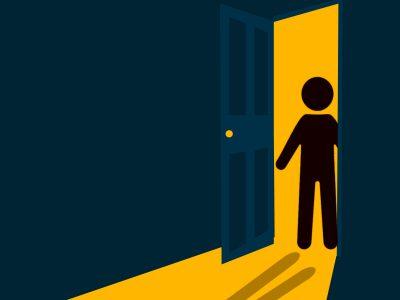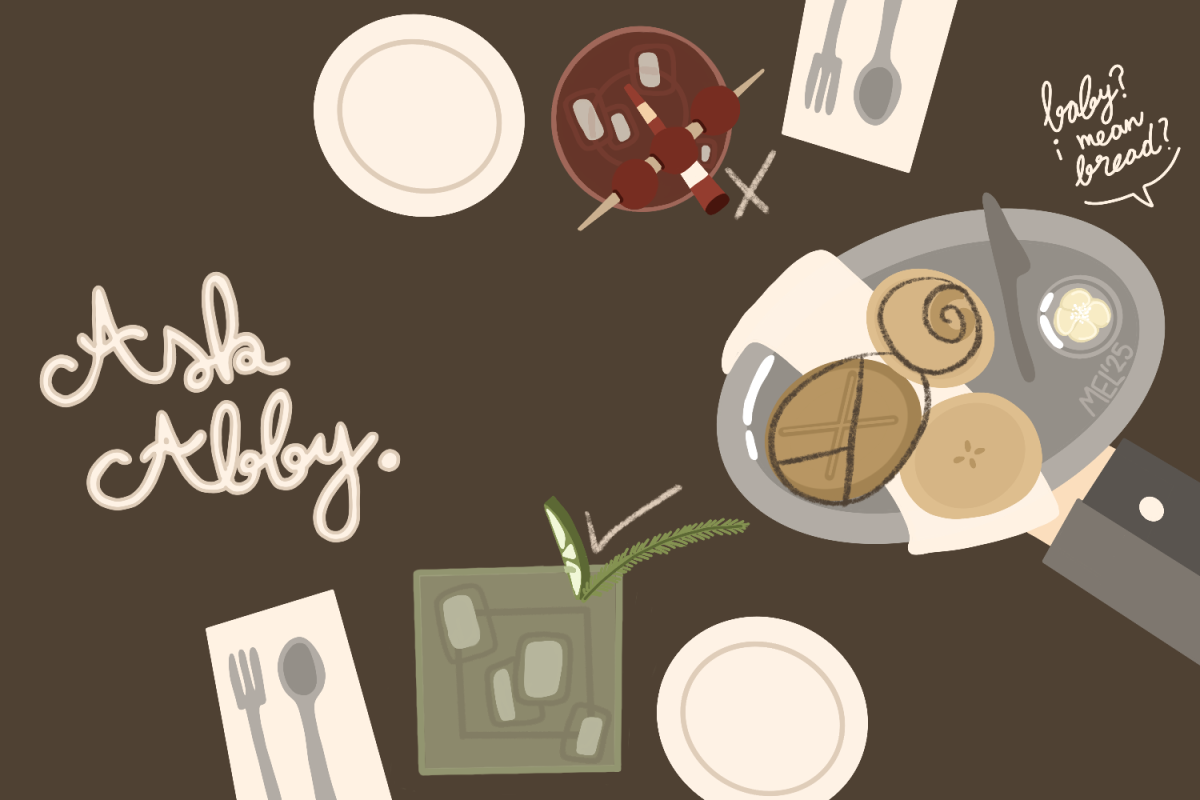When I was in high school, I was that bright-eyed, bushy-tailed girl in all the clubs and AP classes. I was a part of every friend group in my grade, talked to all the kids in my year and even became close to many of my teachers outside of just academics.
But when COVID-19 hit the United States in March 2020, this version of me went into a long hiatus as I, like thousands of others, went into quarantine.

At first, I was acting quite normal. My spring break aligned with the first week of quarantine, so I decided to film vlogs of my daily happenings to post on my YouTube channel.
I read books, cooked with my family, learned how to knit and followed many of the early TikTok trends. For the time being, it was like an extended break from school.
College decisions were happening around this time, and I was ecstatic to accept my admission to Boston University. I joined all the GroupMe chats and the University’s Facebook page, finding my roommate and making lists of things to buy for my dorm.
Then, the pandemic ramped up in intensity, seriousness and danger. My family and I made the decision to stay home for my freshman year, which was heart-wrenching to me.
At this point, I slowly became less motivated to do work, less driven to stick to a routine and ultimately ended communication with many of my friends and acquaintances.
I wanted to be responsible and follow precautions to keep my household safe from COVID, so I didn’t go out for any nonessential activities the entirety of 2020 and the first half of 2021.
Without any face-to-face contact with my high school friends, I didn’t feel the urgency to speak to them since my daily life was also at a standstill. I gradually distanced myself from anyone else apart from my immediate family.
I was getting extremely lonely during the fall, the beginning of my college career. I never expected for my dreams of college and campus life to instead result in being confined upstairs.
During this period, I turned to the internet — almost obsessively. I developed addictions to TikTok, Discord and YouTube. I had to keep myself occupied on any or all of these apps simultaneously to feel any time pass.
I made many online friends during my Fall and Spring semesters of freshman year, but I still didn’t feel the same connection to them as I did with my real-life friends. And I was still craving the in-person university experience I was seeing so many of my high school friends engage in.
Even as I arrived on campus my sophomore year of college, it was so difficult for me to reintegrate into the social scene again.
The first few weeks of college, I was cooped in my dorm room, which is so easy to resort to when you lack energy. I didn’t have any external motivators, so I was just trying to get by in my classes, my work and with friends.
I was scared this was going to be the new me.
However, I knew I wasn’t satisfied with how I was living. It wasn’t in my nature to just skate by, to endure this lonely way of living.
So, I decided to push myself out of my comfort zone again and join clubs and organizations. I didn’t stick with all my clubs — classes began to get more demanding along with my work-study.
Fortunately, I was able to find a community in many of my clubs, notably Stage Troupe and the BU International Affairs Association.
One thing I learned in college was something I never knew as a high schooler — it is okay to not be best friends with everyone you meet. Sometimes, just getting to know people and find common ground is another form of a meaningful relationship.
I am happy now having so many friends from different backgrounds and interests. I don’t feel the need to be the “jack of all trades” friend. I can be authentically myself — whoever vibes with my energy can be my friend.












































































































